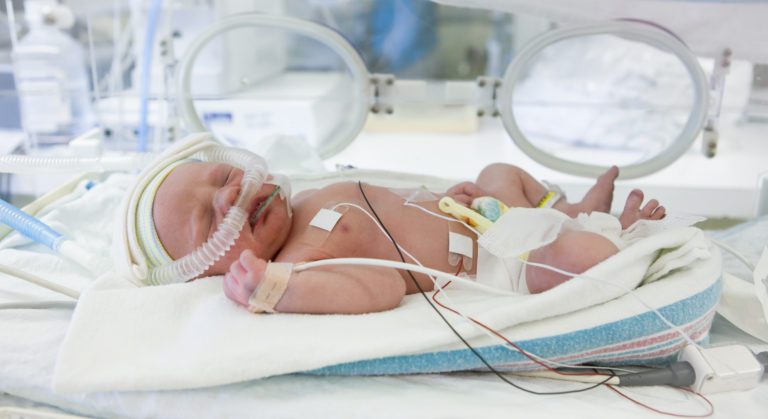Premature babies, especially those who are receiving care in a Neonatal Intensive Care Unit (NICU), hear far fewer everyday conversations and more sounds from monitors than their counterparts born at or after term.
With all the challenges of being born early, premature infants are exposed to a completely different soundscape than babies that remain in the womb for the full course of pregnancy. “The intrauterine environment is unique, with constant, primarily low-frequency sounds of the mother’s cardiovascular and digestive systems and voice transmitted to the fetal ear via amniotic fluid,” said University of Illinois Urbana-Champaign speech and hearing science professor Brian Monson.
In contrast, infants in neonatal intensive care units are more so exposed to electronic and mechanical sounds, the beeps and alarms. They only hear language when nurses or parents are nearby. Babies begin to hear around 23 weeks gestation; in later pregnancy a baby will begin to recognize the voice of its mother.
Deprived of the sounds normally heard in the womb, “very preterm infants also spend long periods in silence, a condition that never occurs in utero,” the researchers wrote. For NICU infants, the sound exposures were constant for each 24-hour period, whereas fetuses experience a much more pronounced day/night cycle of sounds in their mother’s belly. Remedying this difference may allow the preterm infants to establish a healthy circadian rhythm, Monson said.
YOU MAY ALSO LIKE: Pregnancy & Exercise – How Much is Too Much?






Comments are closed.